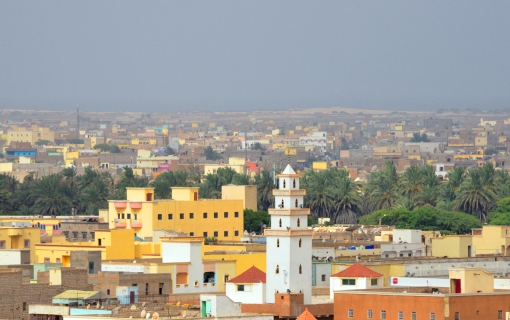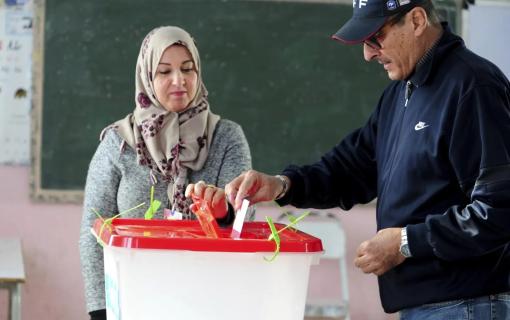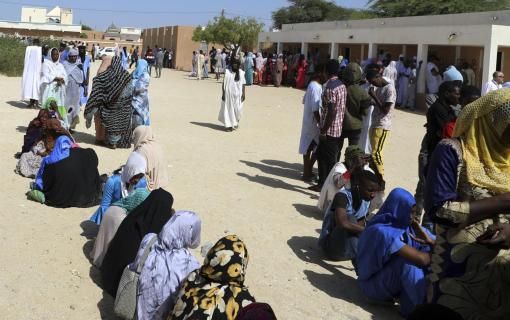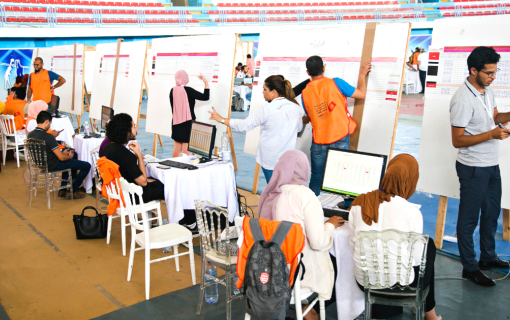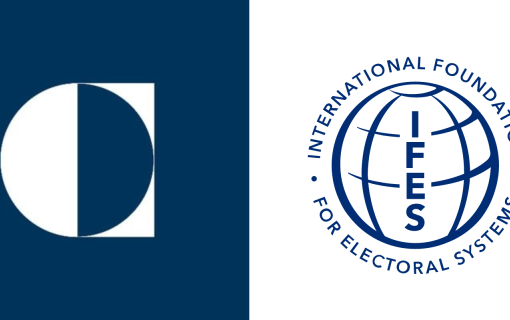Introducing the First Study on the Impact of Public Funding on Muslim Democracies
The study looks at public funding systems in Egypt, Lebanon, Morocco and Turkey
Washington, DC – July 22, 2009 – An innovative, first-of-its-kind publication that explores the role of public funding in democracy development in Muslim-majority countries will be released on July 22, 2009 by the International Foundation for Electoral Systems (IFES) and the United States Institute of Peace (USIP).
The old adage of money being “the mother’s milk of politics” is as true in the Muslim world as it is in the western democracies. Indeed, the collection of financial resources and their disbursement to parties and candidates can have a decisive impact on the effectiveness of political actors, the nature of electoral competition, and ultimately the legitimacy of elections and democratic institutions.
Public Funding Solutions for Political Parties in Muslim-majority Societies of the Middle East and North Africa seeks to examine how political finance reform, a particularly problematic aspect of the democratization process, can be addressed in a region few scholars have explored in relation to political finance practices. In this context, the publication addresses how to design public funding systems that encourage cleaner and more competitive elections and robust party systems in Muslim-majority societies.
“This book includes pioneering country case studies of political finance in four countries with largely Muslim populations as well as analyses by leading experts that will be important to scholars and policymakers. It is highly original and relevant,” says Dr Michael Pinto-Duschinsky, president of the International Political Science Association research committee on political finance and political corruption, and IFES board member.
Written by renowned political finance and elections experts, the book uses the experiences of both newly established and consolidating democracies in other regions to provide a frame of reference to explore this issue in Egypt, Lebanon, Morocco, and Turkey. These countries were chosen to provide examples that differ in terms of geographic spread, size, and experience with public funding. Each case identifies the impact of the current political and electoral system on political competition and determines whether the socio-political conditions exist for the adoption or improvement of a viable public funding system.
This book was made possible by a generous grant from USIP.
###
The International Foundation for Electoral Systems is an independent, non-governmental organization providing professional support to electoral democracy. Through field work, applied research and advocacy, we strive to promote citizen participation, transparency, and accountability in political life and civil society.




